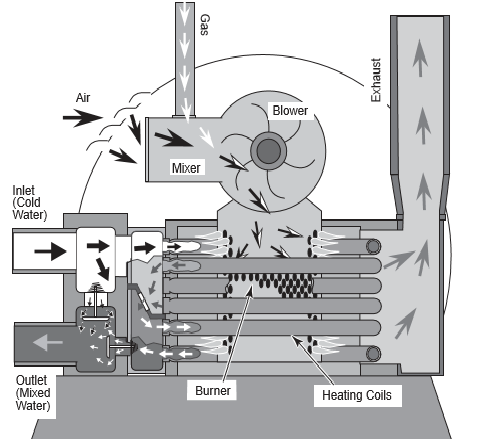Hi everyone,
I'm looking into adding a heat pump (~100kBTU, ~5 kW) to my pool to extend swimming season. My PV array overproduces a lot, so I have no concerns about energy costs.
From my internet research, it appears that GFCI breakers aren't required by NEC code for a 230V Heat Pump such as the Raypak R5450ti. Did I read this right?
Is there no concern about possibly energizing the pool water running through the Heat Pump should a (hardware?) problem occur?
I understand that I can still add a GFCI breaker if I want to, but I'd like to understand if that buys any safety at all.
Thanks in advance!
I'm looking into adding a heat pump (~100kBTU, ~5 kW) to my pool to extend swimming season. My PV array overproduces a lot, so I have no concerns about energy costs.
From my internet research, it appears that GFCI breakers aren't required by NEC code for a 230V Heat Pump such as the Raypak R5450ti. Did I read this right?
Is there no concern about possibly energizing the pool water running through the Heat Pump should a (hardware?) problem occur?
I understand that I can still add a GFCI breaker if I want to, but I'd like to understand if that buys any safety at all.
Thanks in advance!


